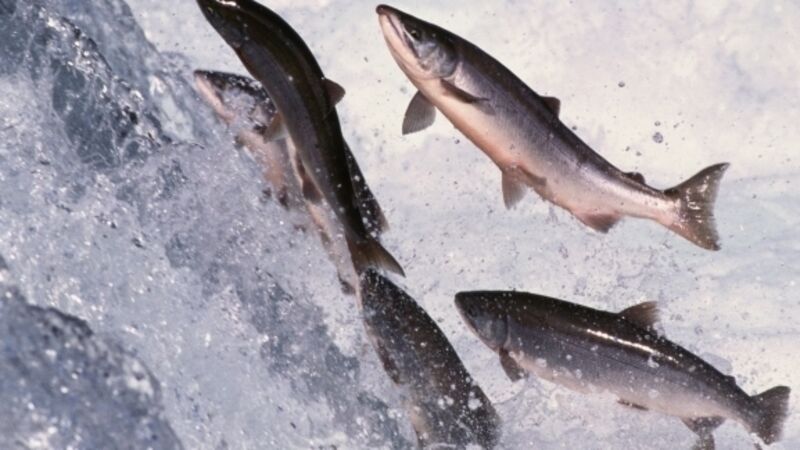Salmon farm chemicals may be harmful to shrimp

Two new scientific studies suggest that chemicals used to combat pests and diseases in offshore salmon farms may be having a harmful effect on shrimp, lobsters, and other crustaceans.
An environmental campaign group has warned that the Department of Agriculture, Food, and the Marine could face compensation claims from fishermen in the future unless the use of these chemicals is banned.













